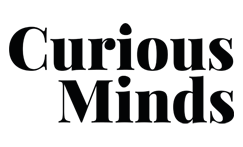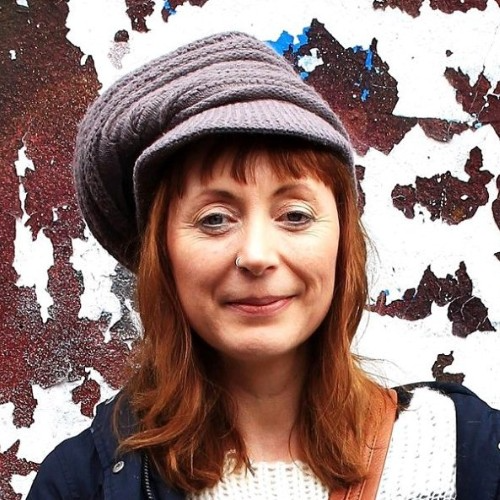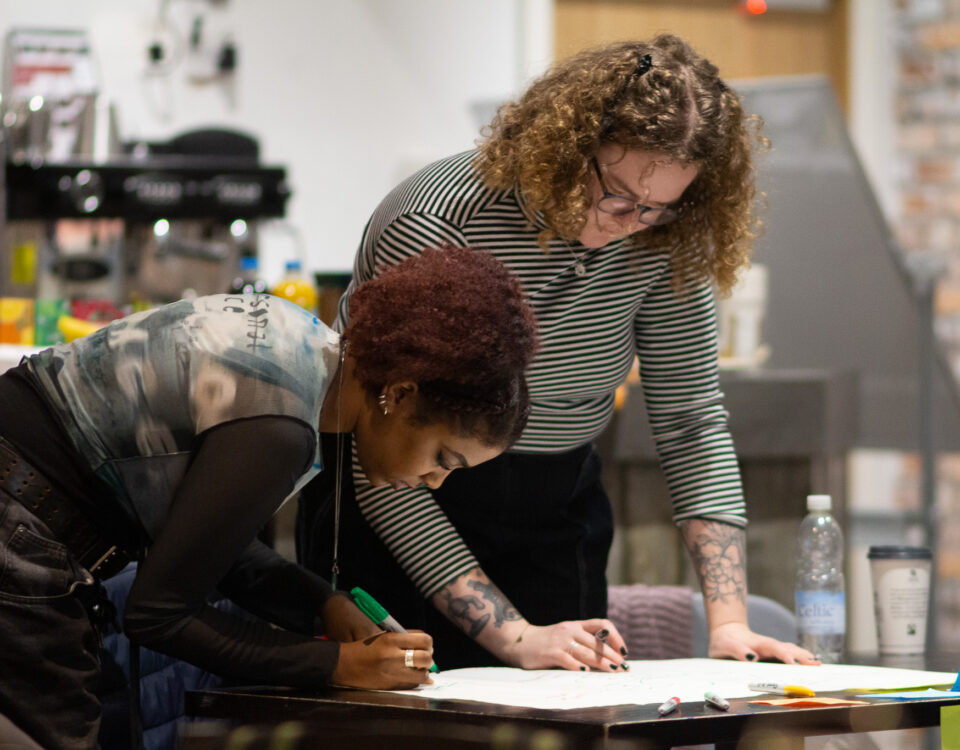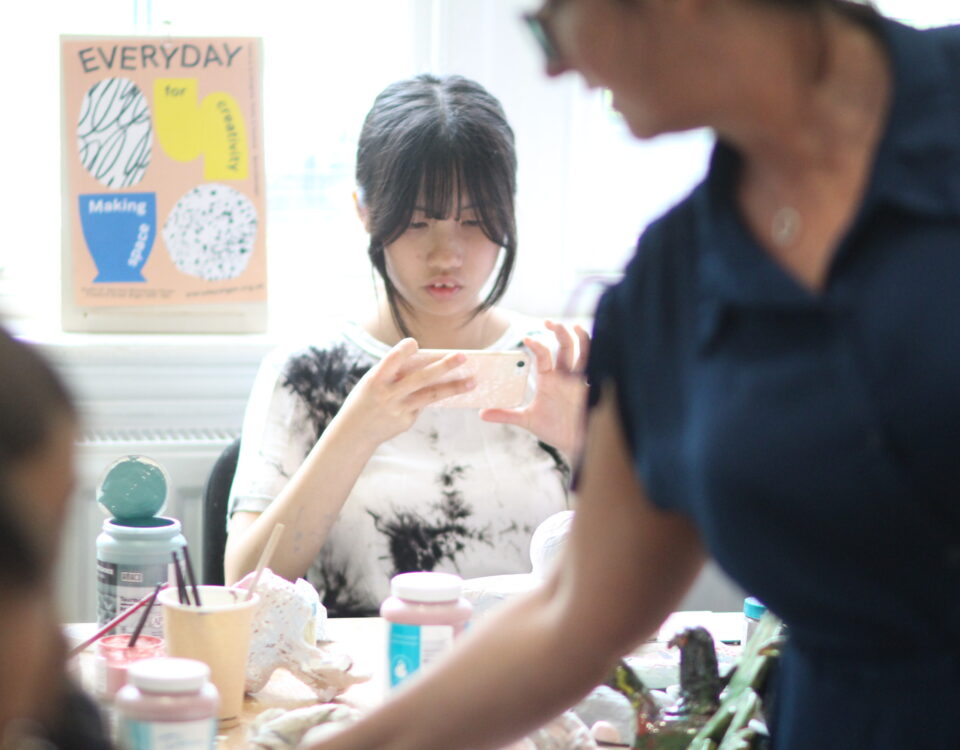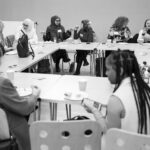
Young Associates Recruitment 2024
November 8, 2023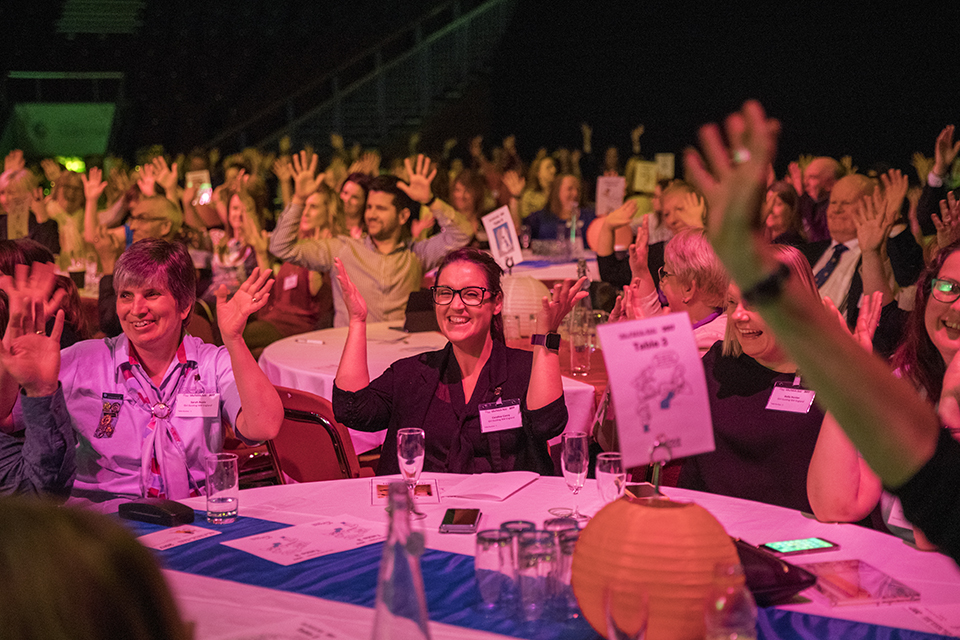
Awards 2024 Launched
January 16, 2024Delivering cultural education with international artists is important.
Here's why...
At the beginning of December, Curious Minds was delighted to learn that one of our projects had won the the Award for the Promotion of Education and Culture at the Manchester Culture Awards.
The successful project, called Pushing Boundaries, is one we had developed and delivered with our colleagues and friends at Community Arts Northwest.It's always fabulous to have hard work recognised with an award and we're so proud of the whole Pushing Boundaries team! But to see this particular initiative celebrated is especially important to us. This is because Pushing Boundaries was a very intentional project. It responds to a specific need - that of addressing barriers to learning and employment for recently settled international artists - whilst also addressing Curious Minds' core strategic objectives of diversifying the cultural education workforce.
In this blog, Sara Domville, Programme Manager for Inclusion and Curious Minds' lead for the Pushing Boundaries project, tells us more; delving into the genesis of the idea, how the project unfolded and why we are so determined to see it happening in more places across Northern England.
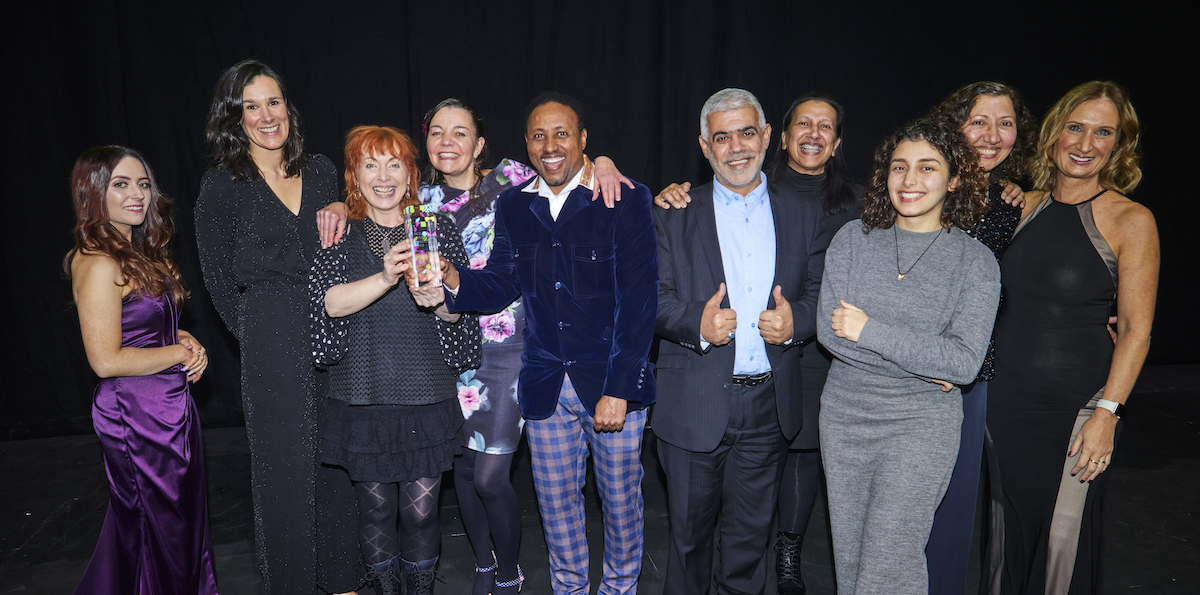
Pushing Boundaries: Participant artists receive the award alongside members of the Curious Minds and CAN team.

Pushing Boundaries was developed in response to a piece of research commissioned by Curious Minds in 2019, to better understand the experience of children who have experienced forced migration in schools across the North West. We were particularly interested to learn schools are (or could be) using arts opportunities to help welcome, support and integrate children and young people (CYP) arriving in the UK who have experienced conflict or instability in their home country.
The research concluded two main things:
- That there is a lack of creative activity available to newly arrived children and young people, with the focus being primarily on Maths and English; due to the constraints of the National Curriculum.
- There are few positive creative role models for them within the school environment, due to a predominantly white workforce both within the teaching profession and the freelance arts sector. 1
Pushing Boundaries originated from a desire to address this lack of representation by training up artists from refugee or migrant backgrounds, some of whom had experienced forced migration themselves, to work creatively in schools.
At the heart of our 10-year strategy is a commitment to identifying and removing barriers that stop children and young people from marginalised backgrounds engaging in arts and culture, with all its associated benefits. Pushing Boundaries goes some way to addressing this; widening the pool of artists with the skills to work in schools, ensuring more relevant and inclusive opportunities are available in schools and that more young people get to benefit from working with international artists.
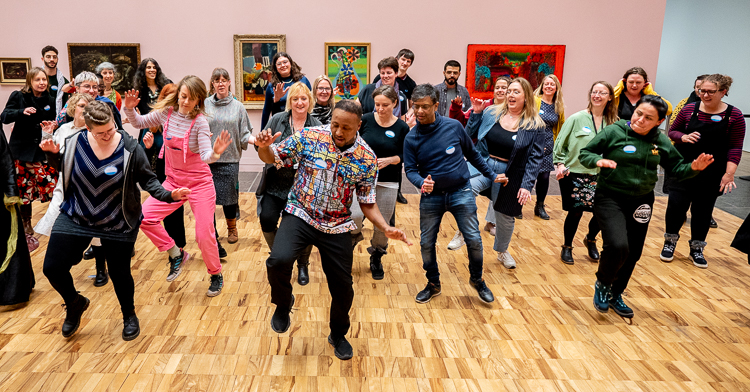
Image: Shirlaine Forrest
To achieve the best possible outcomes in the delivery of Pushing Boundaries, we chose to partner with Community Arts Northwest (CAN) - an arts organisation with considerable experience and interest in arts and migration.
Together, we built a delivery model based on some of the ingredients of Curious Minds' CASE programme, and incorporating CAN’s experience of running training programmes with new migrant and refugee artists. Also central to the success of the programme was the involvement of 4 specialist mentors who already deliver schools-based arts projects.
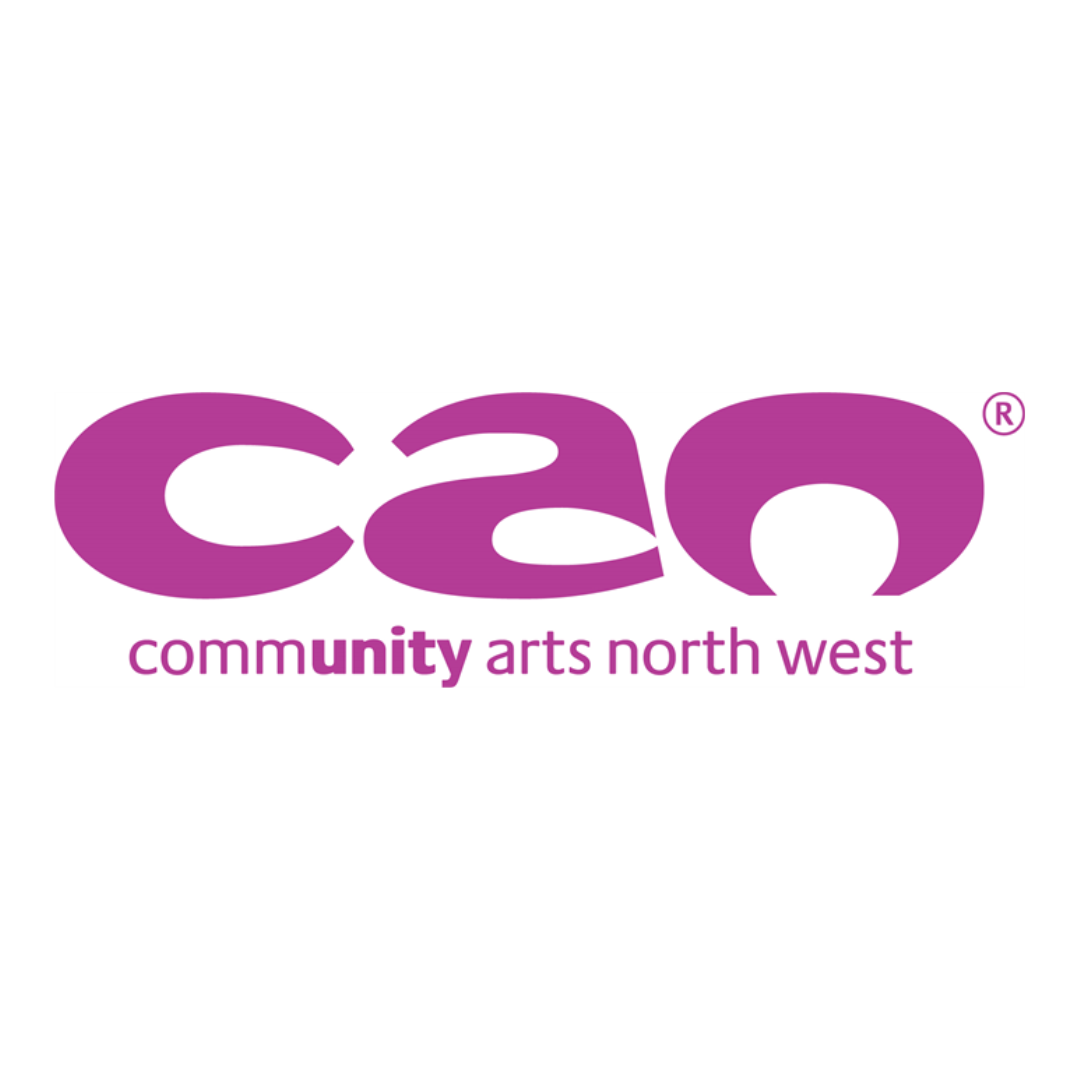
I used to be a music teacher in Iran. It was useful to learn about the differences between schools here and those in my home country
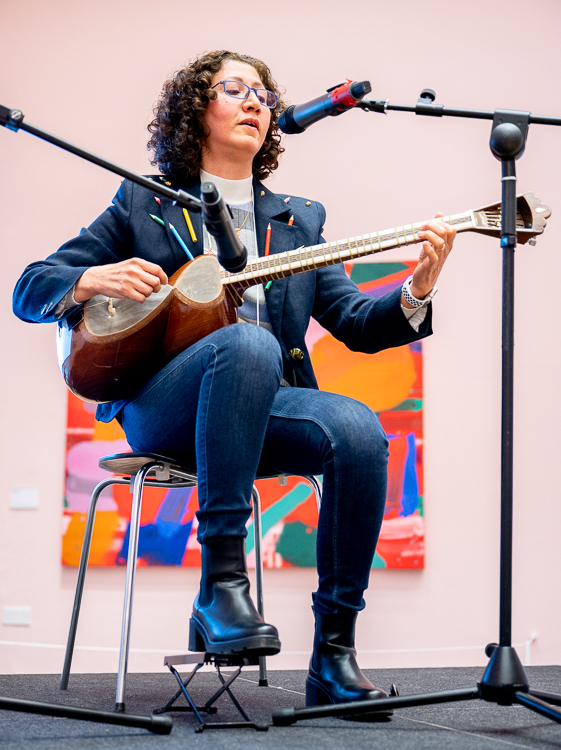
There were very specific challenges they faced such as English being a second or third language, and having little or no lived experience of the English school system.
However, the targeted nature of the programme - which addressed knowledge gaps such as sessions on how English schools work, busting acronyms, schools’ values, policies and safeguarding - helped to bridge these barriers.
Practical opportunities to test out creative ideas and get feedback from peers and mentors were built into the training programme, but it wasn’t until the artists got into the schools that the real learning began.
Spending time in the schools alongside the artists was a real privilege and drove home the value of having diverse cultural voices and creative experiences within the classroom
Their work created a strong sense of inclusivity and belonging, alongside building the confidence and capacity to explore life’s challenges.
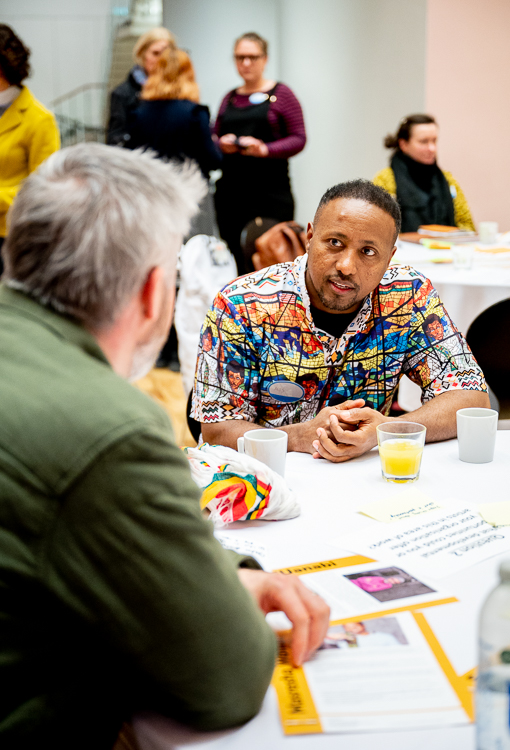
The school placement felt like a real achievement. Having support from my mentor to plan lessons was useful. I think my dance classes sparked inspiration for the young people
Valeriia, a theatre practictioner from the Ukraine, delivered workshops using physical movement and drama to explore how conflict and its resolution are a key part of drama. These experiences cannot be underestimated as a vehicle for supporting the learning and life skills needed by young people.
I was teaching drama to a group of young men newly arrived in the UK. Having my own lived experience of forced migration helped me respond to their learning needs and gain their trust
We are over the moon to receive this award, which reflects the hard work of the team involved and the quality and impact of the Pushing Boundaries programme.
At a time when forced migration is on the rise, this award feels particularly relevant. Refugees and asylum seekers can often find themselves in a ‘hostile environment’ at a time when they need most support. Pushing Boundaries recognises the talents, skills and experiences that migrant artists can bring the UK school system - to the immense benefit of children and young people.
Working with diverse artists supports children's confidence, wellbeing and aspirations. It tackles educational inequalities and helps to build community cohesion.
Looking ahead to the future, we are seeking to identify sources of funding that will enable us to develop and roll out this award-winning programme further, with the ambition of extending the opportunities to other places in the North of England.

Help us to build on this success
Curious Minds is actively looking for funding and partnership opportunities to deliver Pushing Boundaries in more places across the North.If you have ideas you'd like to discuss with us, or you'd find out more about how you can get involved in our work to help diversify the cultural education workforce, please get in touch.
You can email Sara Domville directly using the email button on her contact card.
